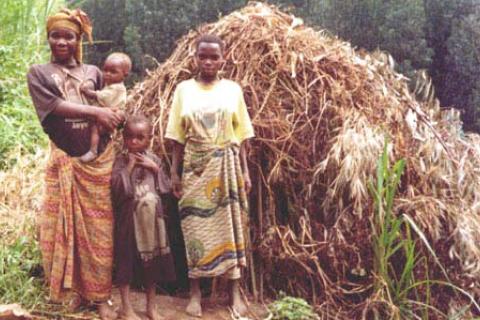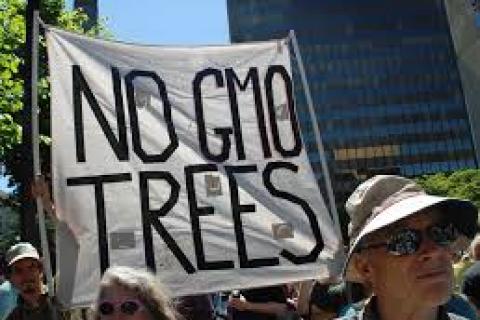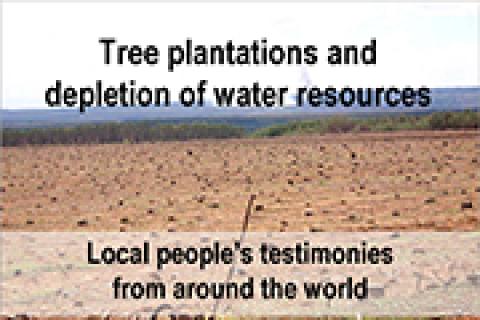Since it was founded in 1956, the International Finance Corporation (IFC) has committed more than US$44 billion of its own funds and arranged a further US$23 billion in loans for 3,143 companies in 140 countries. According to its mission statement, IFC exists to "promote sustainable private sector investment in developing countries, helping to reduce poverty and improve people's lives."
Other information
Globalisation, a corporate-led process across the world, has had immense negative social and environmental impacts, particularly in the Third World. Though the huge commercial forces behind globalization have tried to make people think that it is some kind of an uncontrollable force of nature, and that the famous free market rules the world by its own right, there is increasing awareness that a large part of such devastation is financed and backed by tax-payers' money using national export credit agencies, commonly known as ECAs.
“The worst immorality is a studied ignorance, a purposeful refusal to see or know” (Andrea Dworkin)
3 June 2005 - Montreal, QC, Canada
A presentation with local people’s testimonies from around the world.
Download as pdf
In 1998, the World Bank and WWF announced a new ‘Forest Alliance’ with the target of securing 200 million hectares of certified forests in World Bank client countries by 2005. The Alliance has faced a serious challenge in reaching this goal.
In order to facilitate transparency and be guided during the implementation of its new Forests policy, the Bank announced that it would set up an External Advisory Group (EAG) to interact with the Bank. The group would ‘have the task of providing independent advice’ on forests to the Bank, ‘and have the right to disclose those recommendations’. This group would include people from client governments, indigenous peoples, local communities, civil society, the private sector, the ‘international forest community’, and multilateral and bilateral agencies.
The International Finance Corporation is the member of the World Bank Group which lends directly to the private sector or purchases equity stakes in private sector companies that do business in developing countries. But the IFC’s stated role goes beyond helping to generate profits for the private sector companies and their shareholders. According to its mission statement, the IFC exists to reduce poverty and improve people’s lives through sustainable private sector development.
A superficial reading of the World Bank’s Forests Policy suggests that it implies a proscription prohibiting World Bank funding of projects that it determines may damage ‘critical forests’. However, a closer reading of the policy suggests otherwise. This is because, in the first place, it is Bank operational staff and not others, who will decide what areas of forests are ‘critical’ and what are not.
The World Bank held nine regional consultations with governments, industry and civil society organizations all over the world during 2000 and 2001. The stated purpose of this far-flung effort was to receive input into the development of the Bank’s new Operational Policy on Forests.
A virtue of the 1991 Forests Policy was its simplicity. Following the shattering revelations in the 1980s about the huge areas of rainforest being destroyed in World Bank-funded projects – building dams, roads, oil wells, plantations and in colonisation and logging -the 1991 policy instructed Bank staff to stay clear of any projects that could damage primary moist tropical forests.
The concept of carbon trading as an instrument to ‘avert dangerous climate change’ first surfaced in the negotiations that resulted in the UN Framework Convention on Climate Change (UNFCCC) of 1992. Under the UNFCCC, projects claiming to reduce greenhouse gas emissions could sell the ‘saved’ emissions to a company that finds it more lucrative to pay someone else to reduce emissions rather than to reduce them themselves.



